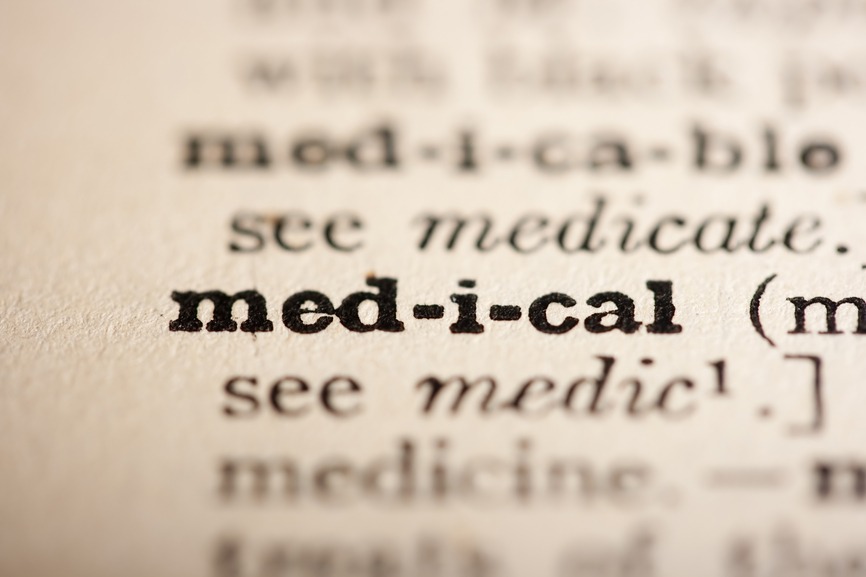 Learn more about loss of enjoyment of life and how you can receive compensation for it in a medical malpractice lawsuit.
Learn more about loss of enjoyment of life and how you can receive compensation for it in a medical malpractice lawsuit.
In a medical malpractice lawsuit, the definition of loss of enjoyment of life is plaintiff’s loss of ability to enjoy life because of their injuries. It is a non-economic damage, meaning it does not lend itself to an absolute dollar value. However, you still deserve to be compensated for it, and a medical malpractice lawyer can help.
If you suffered harm because of a doctor or healthcare provider’s negligence, you could be eligible to recover compensation for a number of losses related to your injury. One of these is the loss of enjoyment of life. You deserve compensation for your inability to experience life as you did before the injuries. A lawyer from Medical Malpractice Help can help you build a strong case. For a free case evaluation, call us at 888-526-8947.
Examples of Loss of Enjoyment of Life
Many injuries can cause you to lose your enjoyment of life in some way. This loss is highly prevalent in medical malpractice situations, as these cases often involve severe injuries that significantly reduce a person’s functional capacity.
If your injury takes away your ability to walk, run, see, hear, hike, play sports, work out, or do any number of activities you once enjoyed, you deserve to be compensated for this loss of life’s enjoyments.
Common examples of loss of enjoyment of life include:
- Hearing loss that prevents you from listening to music
- Vision loss that keeps you from taking in the world around you
- Loss of mobility that keeps you from walking, running, and playing sports
- Loss of sexual function and enjoyment
- Loss of the ability to taste food and beverages
How Much Compensation You Can Receive for Loss of Enjoyment of Life
Your medical malpractice compensation depends on a number of factors, including the state where the malpractice occurred and the severity of your injury.
Unlike financial losses such as medical bills and lost income, loss of enjoyment of life is difficult to quantify in dollar terms. Your attorney must be a little creative in assigning a dollar value to this loss. He or she has several ways to do so, but the two most common are the multiplier method and the per diem (day) method.
With the multiplier method, your total economic losses get multiplied by a certain factor, such as three. With the per diem method, you receive a specific amount for each day you have incurred the loss.
Call 888-526-8947 for a Free Medical Malpractice Case Evaluation With an Attorney From Newsome | Melton
The medical malpractice lawyers at Newsome | Melton can help you recover compensation for loss of enjoyment of life as well as other costs you have incurred because of your doctor or healthcare provider’s negligence. We offer a free initial case evaluation. Call us today at 888-526-8947.
Loss of Enjoyment of Life - Frequently Asked Questions

Alcohol poisoning – sometimes called alcohol overdose – can be deadly. Without prompt diagnosis and treatment, a person who has too much alcohol in their system can experience a myriad of issues as body functions slow, and can lead to serious problems with vital functions including breathing, heart rate, and body temperature regulation. In most cases,
Read More
When you are conscious but unable to move, you can understand what is going on around you but cannot easily express your thoughts to others. This can create a frustrating situation, mainly when, along with being conscious, you can see and hear clearly. With full cognitive function and the ability to understand conversations, you invariably
Read MoreLoss of Enjoyment of Life - News Articles

Kira Charlton went into labor on March 2, 2011 and was rushed to the Delaware County Memorial Hospital, located in Drexel Hill, PA. Charlton’s twins were deemed healthy throughout her pregnancy, but her doctors advised a cesarean section. According to a 2013 medical malpractice lawsuit, filed on behalf of the Charlton family, when she arrived
Read More
Voters in California are going to be the latest decision makers in a long and contentious argument over pain and suffering awards tied to medical malpractice. In California, pain and suffering awards (also called non-economic awards) have been capped at $250,000 for almost four decades in medical malpractice cases. A recently-qualified state ballot initiative (Proposition
Read More